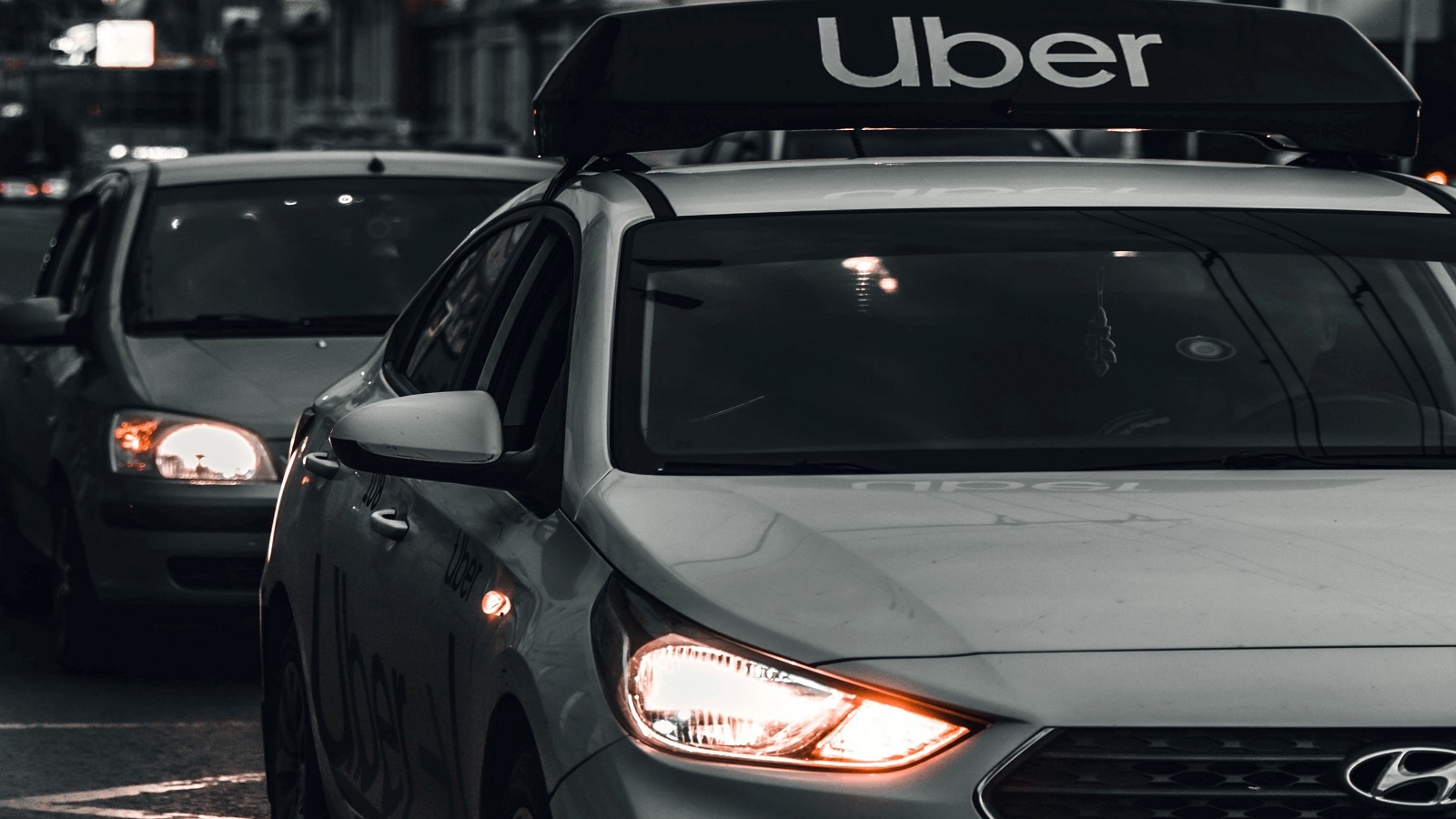A part time Uber driver from New York, Eddie Terry, stated that one reason he supports ridesharing is that it prevents people from driving drunk.
Terry shared an experience he had transporting an intoxicated driver home. Ridesharing has led to a decrease in drunk driving-related deaths, as well as traffic-related deaths in general, according to the National Bureau of Economic Research.
"I definitely support ridesharing because it prevents drunk driving," Terry said. "I did have another drunk customer. This was during a day, I forgot what holiday it was um, but their friends have called them an Uber and they put him in a car. He was totally wasted, passed out and they gave him a big, huge bag for him to throw up in. That's one story I did forget that now I'm thinking about. I think he's dropping a bag like twice and miraculously he didn't get any in the car at all."
A July 2021 report from the National Bureau of Economic Research found that ridesharing has decreased alcohol-related traffic deaths in the U.S. by 6.1% and has decreased overall traffic-related deaths by 4%. The report draws on data from the National Highway Traffic Safety Administration (NHTSA) Fatality Analysis Reporting System (FARS), as well as rideshare data from Uber. "Our results suggest that ridesharing can play an important role in reducing these deaths," the report concludes.
More than 30% of fatal crashes in New York involve alcohol, according to the New York State Police. Although drivers under 21 account for only 5% of licensed drivers in New York, they are involved in 14% of alcohol-related traffic accidents. The New York State Police estimate the total monetary cost of being arrested for drunk driving at $8,250, which includes a DWI fine, a license reinstatement fee and increased insurance costs.
The number of impaired drivers arrested in New York State has decreased from 45,176 in 2016 to 27,268 in 2020, according to the Institute for Traffic Safety Management and Research.

